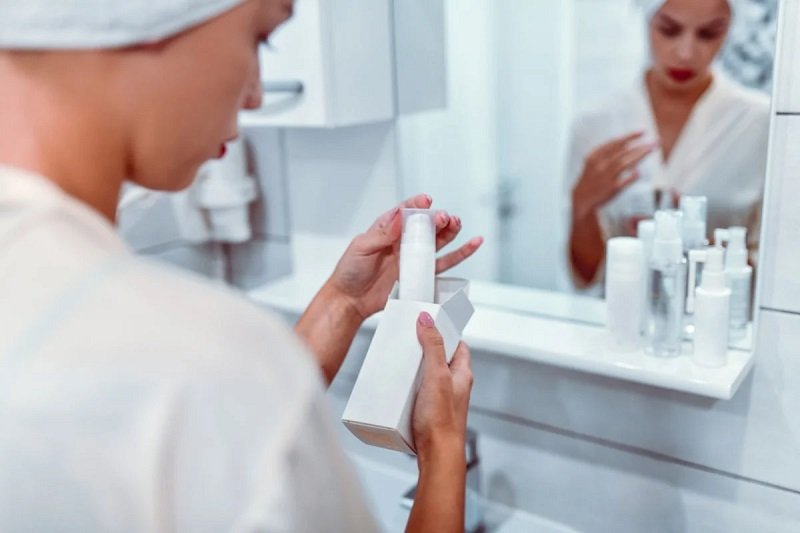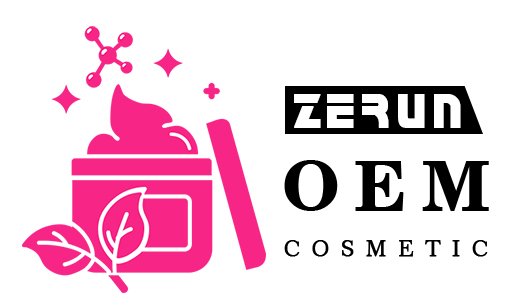Is Clinique Considered A Clean Beauty Brand?

Brands like Clinique, with their dermatologically-driven image, often come under scrutiny: can mainstream brands really deliver on clean beauty promises?
Clinique is not officially classified as a fully clean beauty brand, although it emphasizes safety and allergy-tested ingredients. It avoids many harmful additives but still contains some ingredients not universally accepted in strict clean beauty circles.
To fully grasp Clinique’s standing, let’s explore its formulations and practices in detail—hold tight, we’re about to clarify the murky waters of clean beauty!
What is a Clean Beauty Brand and Why Does it Matter?
Clean beauty brands prioritize ingredient safety, transparency, and environmental sustainability. They typically exclude harmful ingredients such as parabens, sulfates, and phthalates, emphasizing products that are safe for users and the environment.
Defining Clean Beauty Clearly:
Clean beauty isn’t just marketing hype—it’s a conscious lifestyle choice. It represents a commitment to using products free of known or suspected harmful chemicals. However, it’s crucial to understand that “clean” isn’t universally regulated, leading to ambiguity in consumer understanding.
Benefits of Clean Beauty:
Adopting clean beauty reduces potential health risks such as skin irritation, allergies, and endocrine disruption. Environmentally, it often means better biodegradability and reduced pollution. For instance, brands like Tata Harper and Drunk Elephant champion formulas with 100% ingredient transparency, appealing to eco-conscious consumers.
What Consumers Look For:
Consumers frequently evaluate brands by checking ingredient lists, transparency in sourcing, environmental impact, and cruelty-free practices. Certifications such as “EWG Verified” or “Clean at Sephora” have become essential indicators guiding purchasing decisions.
Is Clinique Officially Classified as a Clean Beauty Brand?
Clinique doesn’t label itself explicitly as a “clean beauty” brand, although it promotes its products as allergy-tested, fragrance-free, and dermatologist-developed, avoiding several commonly flagged problematic ingredients.
Clinique’s Official Claims:
Clinique’s marketing centers around dermatological safety, not explicitly “clean beauty.” They emphasize allergy-testing and fragrance-free products suitable for sensitive skin, earning trust among users prone to allergic reactions.
Formulation Philosophy:
Clinique avoids parabens, phthalates, and fragrances in many of their products, aligning partially with clean beauty practices. However, they still use certain synthetic ingredients such as silicones and polyethylene glycols (PEGs), viewed controversially by stricter clean beauty advocates.
Which Ingredients in Clinique Products are Considered Clean?
Clinique uses various clean ingredients like hyaluronic acid, glycerin, and antioxidants such as vitamin C and vitamin E, known for their safety and efficacy in skincare.
Transparency in Ingredients:
A transparent brand clearly lists ingredients with user-friendly explanations. Clinique provides detailed ingredient lists, helping consumers easily spot preferred ingredients and potential irritants.
Common Clean Ingredients in Clinique Products:
| Ingredient | Benefits | Commonly Found In |
|---|---|---|
| Hyaluronic Acid | Hydrating, anti-aging | Moisture Surge Hydrator |
| Vitamin C | Brightening, antioxidant protection | Fresh Pressed Daily Booster |
| Glycerin | Moisturizing, barrier support | Dramatically Different Moisturizing Lotion |
| Aloe Vera | Soothing, anti-inflammatory | Redness Solutions Daily Relief Cream |
Clinique’s Ingredient Blacklist:
Clinique avoids phthalates, parabens, and fragrances widely criticized for health concerns, enhancing its appeal among ingredient-conscious users.
Are There Controversial Ingredients in Clinique Products?
Yes, Clinique uses some ingredients, such as silicones and synthetic preservatives, which may raise concerns among stringent clean beauty consumers.
Silicones in Formulations:
Ingredients like Dimethicone, common in moisturizers and foundations, enhance texture but are criticized for environmental biodegradability issues and potential pore-clogging effects.
Synthetic Preservatives:
Phenoxyethanol, used to preserve product integrity, occasionally causes debate among clean beauty circles due to mild irritation potential for sensitive skin.
Critical Perspective:
It’s essential to understand the nuanced debate around these ingredients. While silicones and synthetic preservatives may trigger concern, dermatologists note they’re safe in regulated amounts and provide functional stability in formulations.
How Does Clinique Compare to Other Established Clean Beauty Brands?
Compared to recognized clean beauty brands, Clinique balances dermatologist-tested safety with broader accessibility, but doesn’t fully align with stringent clean beauty standards observed by brands like Drunk Elephant or Ilia.
Clinique vs. Drunk Elephant:
Drunk Elephant promotes a strictly “suspicious-6-free” formula approach, explicitly excluding ingredients like silicones, fragrance, and essential oils. Clinique permits limited use of certain synthetics for product stability and texture enhancement.
Clinique vs. Ilia Beauty:
Ilia Beauty is known for organic, naturally-derived ingredients and maintains stringent standards of sustainability and clean formulations. Clinique focuses more on hypoallergenic benefits than strictly natural or organic sources.
| Brand | Clean Beauty Focus | Natural Ingredients | Synthetic Usage | Certification/Recognition |
|---|---|---|---|---|
| Clinique | Hypoallergenic, dermatologist-led | Moderate | Moderate | Allergy-Tested |
| Drunk Elephant | Ingredient transparency | High | Minimal | Clean at Sephora |
| Ilia Beauty | Natural, organic formulations | Very High | Minimal | EWG Verified |
Balanced Viewpoint:
While not a strict “clean beauty” brand, Clinique’s dermatologist-driven products often provide benefits comparable to clean brands regarding skin safety.
Do Dermatologists Consider Clinique Products Safe and Clean?
Dermatologists widely endorse Clinique products as safe, hypoallergenic, and suitable for sensitive skin, though opinions vary regarding strict alignment with clean beauty standards.
Dermatologist Endorsements:
Dermatologists frequently recommend Clinique for its extensive allergy-testing protocols and fragrance-free formulations, reducing skin irritation risk.
Clinique’s Testing Standards:
Clinique conducts rigorous dermatologist testing, ensuring products are hypoallergenic and safe for sensitive skin types, a significant selling point.
Diverse Expert Opinions:
While dermatologists praise Clinique for skin safety, some suggest more rigorous transparency on synthetic ingredients could further enhance consumer confidence.
How Can Consumers Identify Truly Clean Beauty Brands?
Consumers can identify authentic clean beauty brands by thoroughly evaluating ingredient lists, brand transparency policies, sustainability commitments, and recognized clean beauty certifications like “EWG Verified” or “Clean at Sephora.”
Check Ingredients Lists Thoroughly:
Familiarize yourself with common harmful chemicals (e.g., parabens, sulfates, synthetic fragrances) and actively seek brands that explicitly exclude them.
Seek Certification & Recognition:
Certifications like “EWG Verified” or “Clean at Sephora” provide credible third-party validation of a brand’s clean beauty claims.
Evaluate Brand Transparency:
Transparent brands provide clear information about sourcing, manufacturing practices, and environmental impact.
Critical Thinking as Consumers:
Be cautious about marketing buzzwords. Always cross-check claims with recognized standards and certifications.
Conclusion
Navigating clean beauty can feel complex. Clinique, while not officially a strictly clean beauty brand, offers dermatologist-backed safety and a commitment to ingredient caution that aligns partially with clean beauty ideals. As informed consumers, understanding this nuanced positioning allows more thoughtful purchasing decisions.
Can't find the answers?
Here, developing your OEM/ODM private label skin care products collection is no longer a challenge,it’s an excellent opportunity to bring your creative vision to life.
Make A Sample First?
If you have your own artwork, logo design, or just a concept for your cosmetic or skincare product, we recommend starting with a sample. Share your project details with us, including your preferred packaging style, design elements, and customization preferences. Our team is here to guide you through the sample production process, ensuring that your private label products perfectly align with your vision. By making a sample first, you’ll be able to see the quality, design, and overall feel of your custom cosmetics or skincare packaging before moving forward with larger production.
